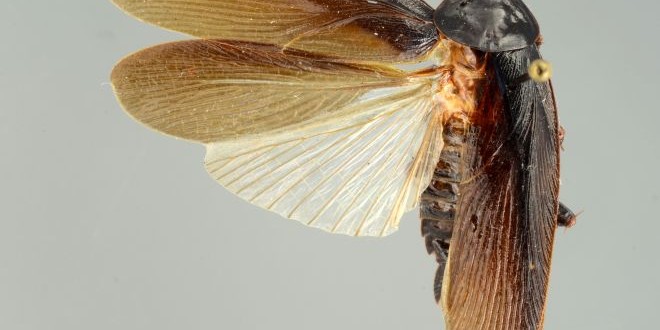According to a new report, researchers have found a species of roaches that have the capability to survive in cold weather. Periplaneta japonica is native to Japan and is currently found in New York. It has been expected that these species could pose threat to the American cockroach.
Periplaneta japonica is the only species of cockroaches that can survive freezing temperatures. This research has been published in the Journal of Economic Entomology.
The most interesting fact is that unlike all other species, Periplaneta japonicas do not mind being out in extreme cold weather.
“There has been some confirmation that it does very well in cold climates, so it is very conceivable that it could live outdoors during winter in New York,” Ware said. “I could imagine japonica being outside and walking around, though I don’t know how well it would do in dirty New York snow.”
The scientists, whose findings were published in the Journal of Economic Entomology, say that it is too soon to predict the effect but that there is probably little cause for concern.
“Because this species is very similar to cockroach species that already exist in the urban environment,” Evangelista said, “they likely will compete with each other for space and for food.”
That competition, Ware said, will likely keep the population low, “because more time and energy spent competing means less time and energy to devote to reproduction.”
Michael Scharf, a professor of urban entomology at Purdue University, said the discovery is something to monitor.
“To be truly invasive, a species has to move in and take over and out-compete a native species,” he said. “There’s no evidence of that, but that doesn’t mean we shouldn’t be concerned about it.”
The likelihood that the new species will mate with the locals to create a hybrid super-roach is slim.
“The male and female genitalia fit together like a lock and key, and that differs by species,” Evangelista says. “So we assume that one won’t fit the other.”
 Canada Journal – News of the World Articles and videos to bring you the biggest Canadian news stories from across the country every day
Canada Journal – News of the World Articles and videos to bring you the biggest Canadian news stories from across the country every day



